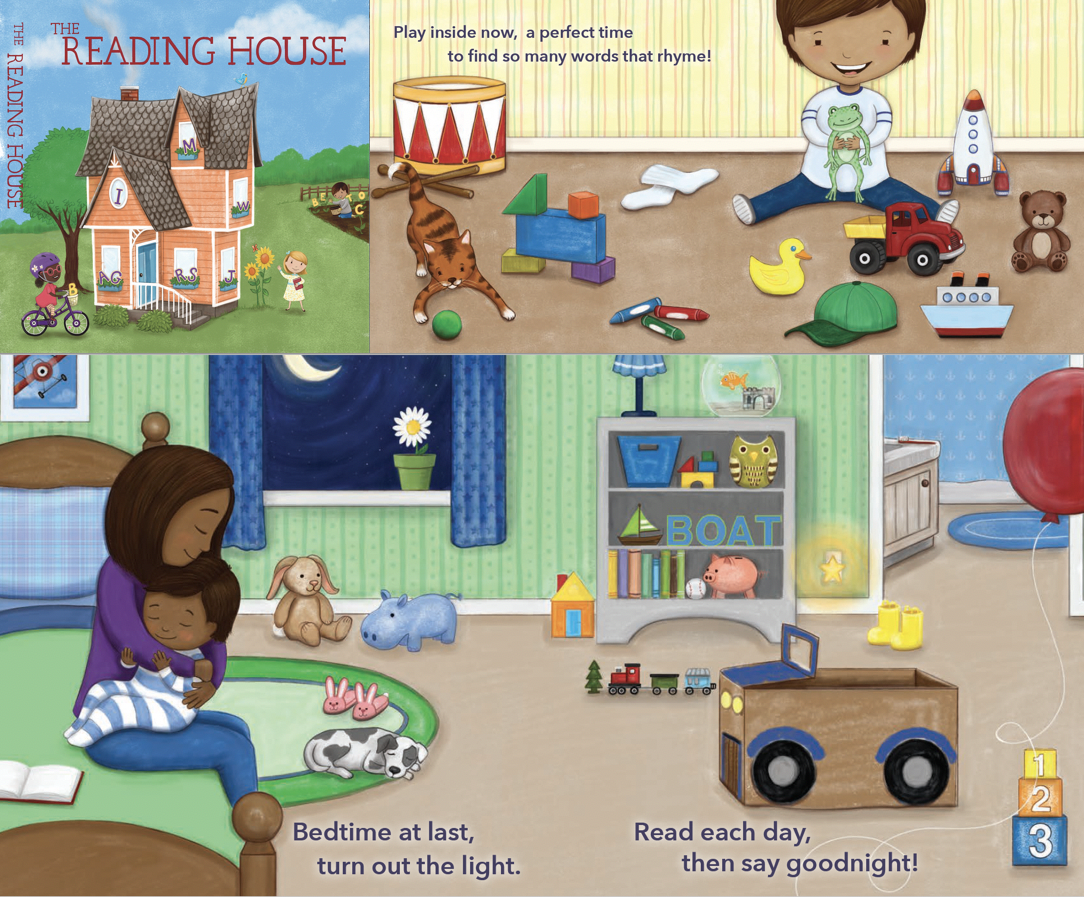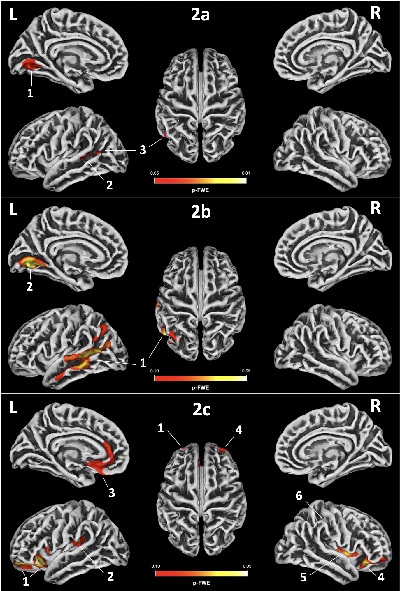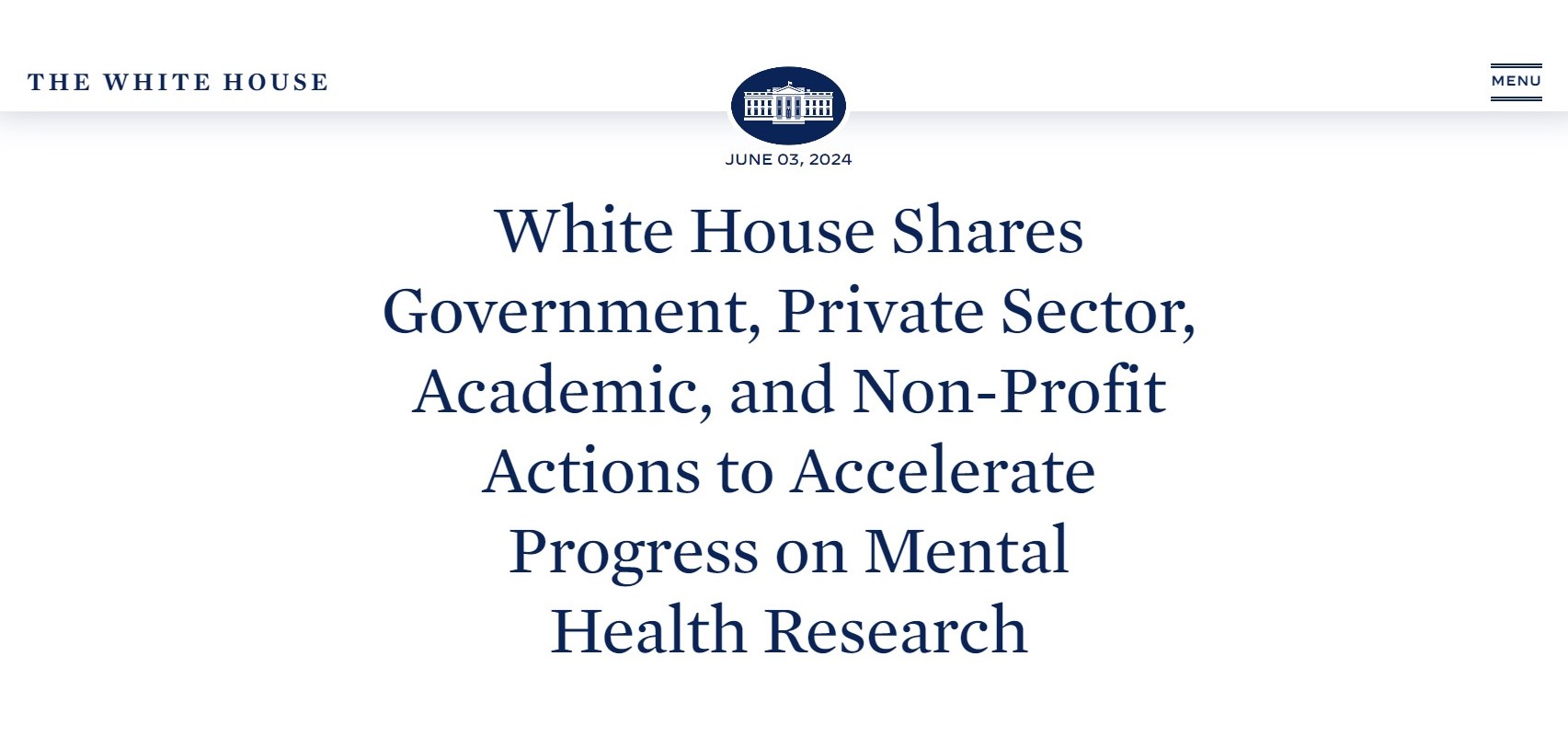Book+MRI Scans Help Predict Reading Risks for Preschoolers
Post Date: February 4, 2021 | Publish Date: Feb. 4, 2021

“By screening early during pediatric clinic visits, especially in practices serving disadvantaged families, we can hopefully target effective interventions that help children better prepare for kindergarten and improve reading outcomes — literally ‘shaping their brains to read.’ ”
—John Hutton, MD, MS, Director, Reading & Literacy Discovery Center at Cincinnati Children’s

A study published Feb. 4, 2021, in Pediatrics is the first of its kind to validate links between screened reading skills and brain development.
The findings, led by John Hutton, MD, MS, at Cincinnati Children’s, report outcomes from a special book called The Reading House, which was created as an assessment tool for children ages 3-5.

The study involved 70 healthy children,—34 boys and 36 girls—from various socioeconomic status backgrounds.
The children completed standardized assessments of literacy skills and 52 also completed magnetic resonance imaging (MRI) scans to measure cortical thickness, or the gray matter surface of their brains.
Read more about the findings
| Original title: | Validation of The Reading House and Association With Cortical Thickness |
| Published in: | Pediatrics |
| Publish date: | Feb. 4, 2021 |





